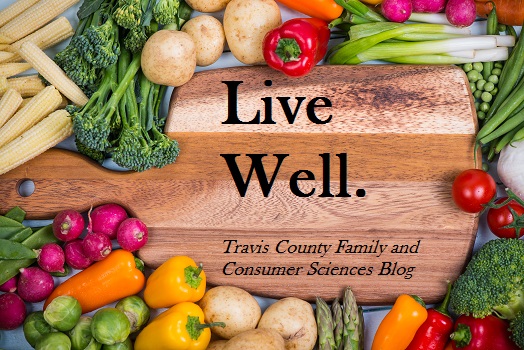By: Wren Fair
Green Kitchen will provide simple ways to make your kitchen more sustainable, reducing your impact on the environment and saving you money!
When contemplating a “healthy” kitchen, one might immediately jump to the food that is prepared and consumed there. Though a balanced diet is undoubtedly an important factor in our health and well being, what we use to keep the kitchen clean should also be considered. I’ve been thinking a lot about this lately as I spray my counter tops with an all purpose spray, wash my dishes and cutting board with dish detergent, and mop my floors. What, exactly, do these various cleaning products contain? Are they harmful to human health? No only do these mystery chemical concoctions get dispersed through the air and rinsed down the drain, they are used to sanitize many of the surfaces our food touches. Attempting to find this information on the product label doesn’t get you too far because amazingly cleaning products are not required to display a full list of ingredients on the label.
Fortunately, the Environmental Working Group has been studying and evaluating these products for human and environmental safety. They have created a database that allows you to search virtually any name brand cleaning product on the market and find out it’s chemical make up. The products are graded from “A”, the least toxic and most environmentally friendly, to “F”, the most toxic and least environmentally friendly. Surprisingly, many “natural” cleaning products receive the worst grades, so don’t be fooled by seemingly eco-friendly packaging.
However, if you want to cut out the middle man altogether, making your own kitchen cleaning solutions is extremely easy and actually very inexpensive. The following is a recipe for a completely chemical free all purpose spray that I’ve tested in my kitchen.
All-Purpose Spray:
Ingredients:
1 cup of distilled white vinegar
1 cup of water
20-40 drops of any essential oil (optional, just for scent)
Directions:
1. Wash out an old spray bottle or purchase a new one
2.Mix all ingredients and shake thoroughly
3. Apply to kitchen counter tops
**Note: Not Recommended for Marble or Granite***
For those of you who aren’t familiar, essential oils are the concentrated oils of a variety of plants, through the most commonly used are aromatic herbs such as rosemary, lemonbalm, or lavender. These essential oils can be used for a variety of purposes and are relatively inexpensive.
TEST RUN RESULTS:
In my test run, I cleaned my often neglected ventilator hood and my stove top. This cleaner, when left to soak for about 60 to 90 seconds, performed just as well as any all purpose cleaner I have purchased in the past. Word to the wise, it will smell vinegary at first, but once the vinegar fully dries, there is no lingering smell. Personally, I prefer vinegar to chemicals, which can sometimes give me a headache when I clean. Vinegar is anti-viral and anti-bacterial, because it is so acidic.
All in all, it worked out great and this has become my regular all-purpose cleaner!
